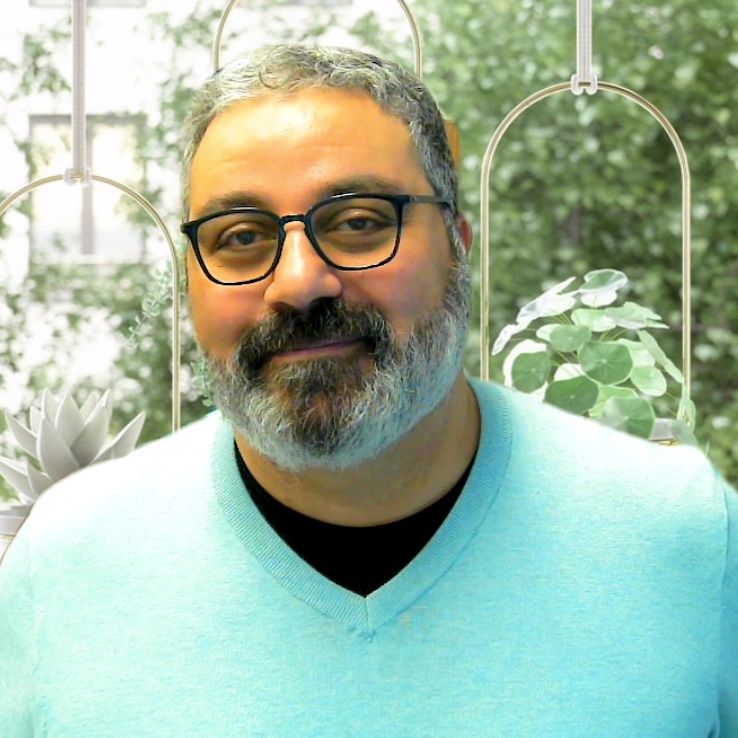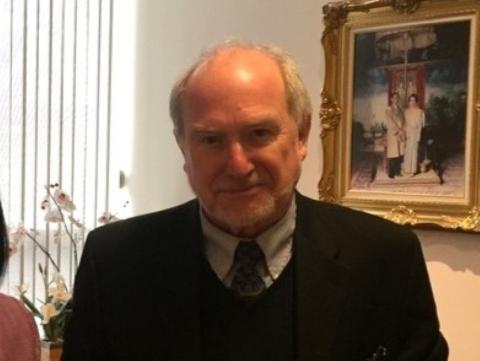
July 7, 2025
Social and community development planner, planning educator, and SCARP Professor Emeritus Peter Boothroyd passed away peacefully on June 23, 2025 in Vancouver, British Columbia.
A little about Peter
Prior to joining UBC, Peter Boothroyd was a consultant on urban policy, social planning, impact assessment, and community development.
SCARP founding Professors Peter Oberlander and Brahm Weisman noticed the young consultant social planner and recruited him to join SCARP as a part-time Lecturer in 1979 and Adjunct Professor in 1982. Peter rose through the professorial ranks from Associate Professor in 1989 to Full Professor in 1995. He served as SCARP Acting Director in 1993-1994, and in 1998 became Director of the UBC Centre for Human Settlements (CHS), a SCARP research institute at the time, where he led several action research and capacity-building research projects in Southeast Asia and Latin America.
In the early 1980s, his important research projects included a three-year study with Professor William Rees (now SCARP Professor Emeritus) and Professor Clyde Weaver on the impact of mega-projects on people and environment of Northern Canada and British Columbia, funded by the Donner Canadian Foundation. Then, thanks to his friend Apichai Puntasen, Philosophy Professor at Thammasat University, Peter was introduced to international development work, Buddhism, Buddhist economics, sufficiency economy, and participatory rural appraisal (PRA) in Thailand.
He was among the first foreigners allowed to travel and work in Vietnam in the 1980s. Through esteemed anthropologist Kathleen Gough, who developed relationships with members of the National Council for Social Sciences and Humanities (NCSSH) in Hanoi in the 1970s and 1980s, Peter was introduced and became friends with many of the country’s keenest minds, especially Professor Pham Xuan Nam.
These profound friendships and travels during a very interesting transition in Vietnam’s economic and political history led to the five-year capacity building project, “Localized Poverty Reduction in Vietnam: Building Capacity for Participatory Planning and Policy Assessment” (1998-2003) based at CHS.
The LPRV led to several publications, including the book Peter co-edited with Professor Nam, Socioeconomic Renovation in Vietnam: The Origins, Evolution and Impact of Doi Moi, published by the International Development Research Council (IDRC), with chapters jointly written by NCSSH and UBC Professors. LPRV also created a tenure-track UBC faculty position cross-appointed to SCARP and Women’s and Gender Studies Program, Faculty of Arts.
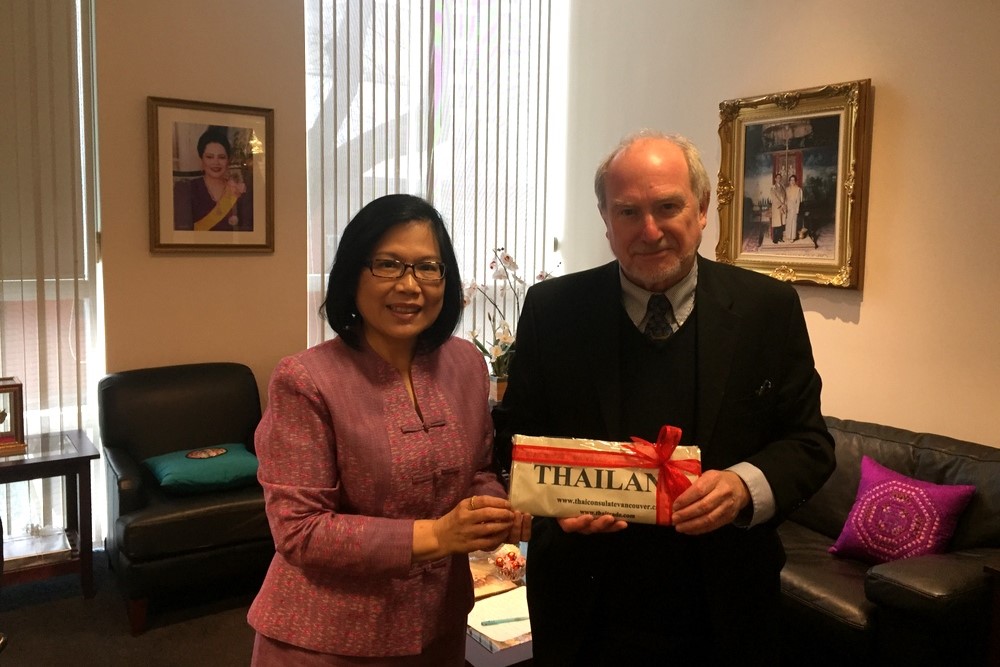
Around the same time, Peter also worked with SCARP alumna Erika de Castro from SCARP's pre-MCRP MA Planning program, on two action research and capacity-building projects in Brazil, “Participatory Watershed Governance in Santo Andre, Sao Paolo” (1998-2003) and “New Public Consortia for Metropolitan Governance in Brazil” (2006-2010).
These three projects (funded by the Canadian International Development Agency or CIDA) supported the field work, research training and professional development work experience of over a hundred PhD and Masters Students at UBC, along with dozens of Canadian student interns. Consistent with his values, Peter always insisted during his negotiations with CIDA, IRDC and other funding agencies that the bigger portion of total international development funds go to UBC’s institutional partners in the Global South.
Peter retired from SCARP in 2005 and has since been recognized as Professor Emeritus.
On who Peter was to the world
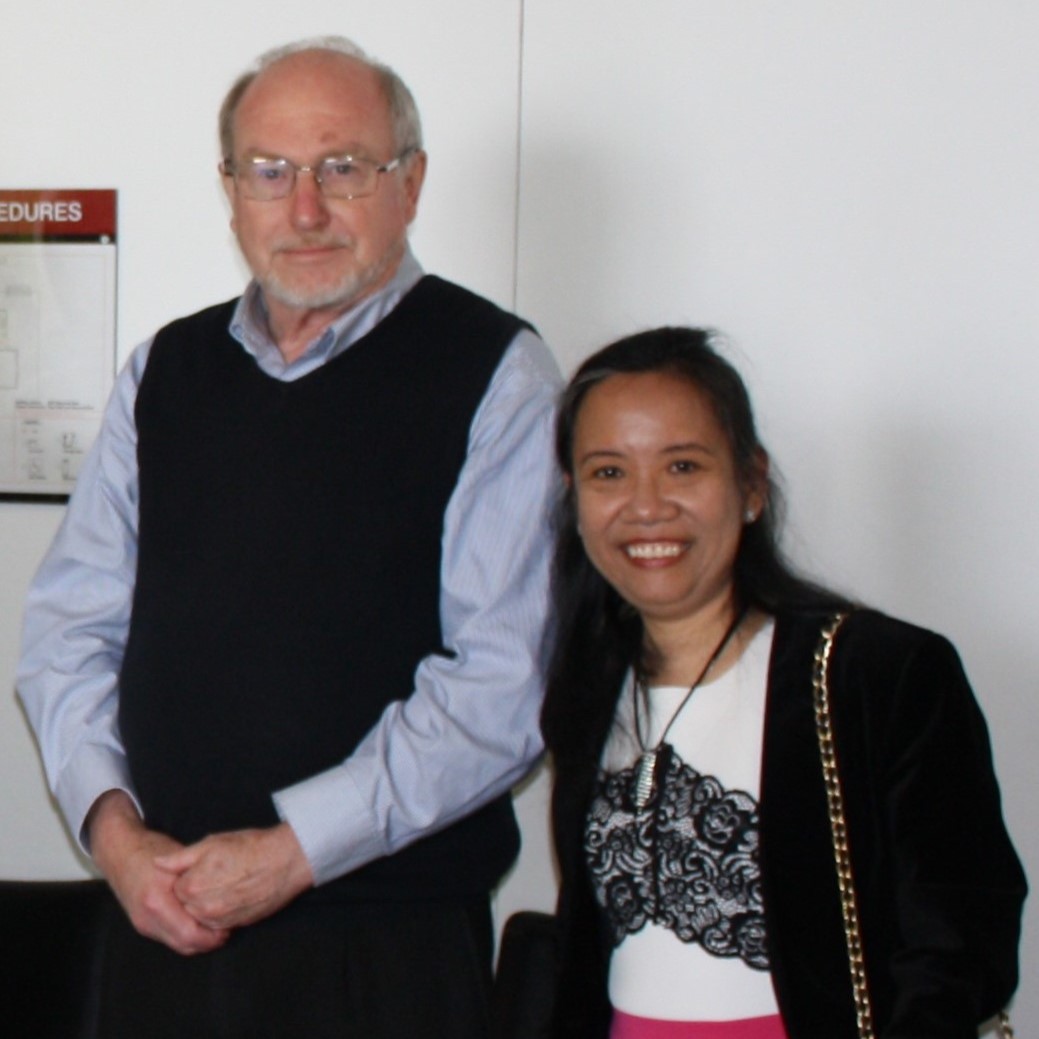
He co-developed with Education Professor Jo-Ann Archibald of the First Nations House of Learning, arguably Canada’s first training certificate program in community planning, with and for Indigenous First Nations in the early 1990s. This program, based at SCARP, eventually ran through the UBC Continuing Studies Centre, was the precursor of the Indigenous Community Planning (ICP) Program now running for thirteen years in collaboration with Musqueam First Nation.
Peter strongly believed Universities can be a better place to do community and international community development work, especially with Indigenous communities in Canada and abroad, and with adequate resources, enabling rewards and incentives, and strong academic champions. Transformative social learning (especially within, or starting with) universities was his real passion.
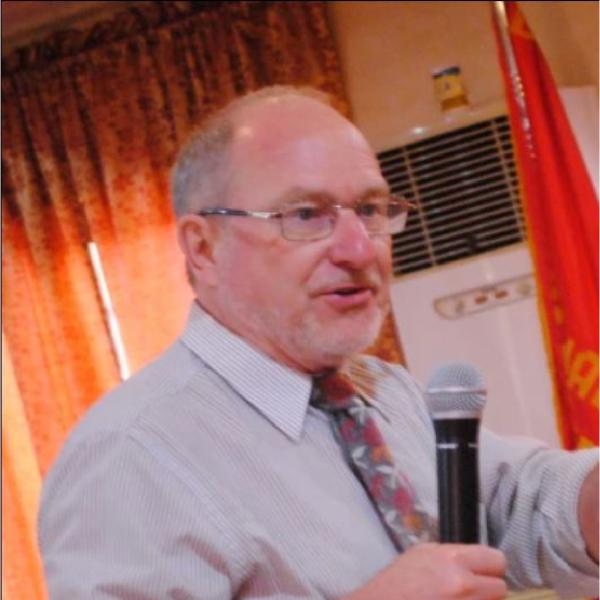 This passion and running thread in his publications led to his working with UN Habitat for UBC-CHS to host an online archive of urban- and community-based international development materials published since the first World Urban Forum, a 2008 Special Issue on “Canadian Universities and International Development” of the Canadian Journal of International Development, and organizing the “Reinventing Higher Education: Towards Participatory and Sustainable Development” International Conference held in Bangkok in 2008, co-sponsored by UNESCO’s Asia Pacific Program of Educational Innovation for Development (APEID) and IDRC.
This passion and running thread in his publications led to his working with UN Habitat for UBC-CHS to host an online archive of urban- and community-based international development materials published since the first World Urban Forum, a 2008 Special Issue on “Canadian Universities and International Development” of the Canadian Journal of International Development, and organizing the “Reinventing Higher Education: Towards Participatory and Sustainable Development” International Conference held in Bangkok in 2008, co-sponsored by UNESCO’s Asia Pacific Program of Educational Innovation for Development (APEID) and IDRC.
Professor Peter Boothroyd had that rare quality amongst academics – a calm, quiet disposition with impactful inspiration in knowledge production, dissemination and mobilization, as well as planning skills development for multiple generations of SCARP faculty and graduate students supervised their theses or practicum; took his “Fundamentals of Planning Practice,” “Community Development Planning,” among other courses; or read his foundational text, “Seven-Step Planning Model.”
As his former student, now SCARP Faculty, Dr Maged Senbel wrote:
Those qualities were officially recognized by UBC when Peter was awarded the UBC Killam Teaching Award in Excellence in Graduate Teaching and Mentoring in 2005.
This commemoration of Peter was written by SCARP Professor Nora Angeles, one of many people who was moved over the years by Peter.
Flags on campus will be lowered in Peter's honour on July 21, 2025.
